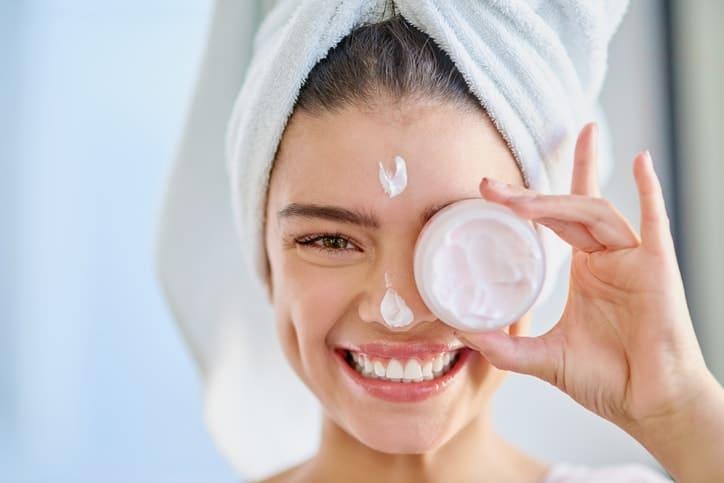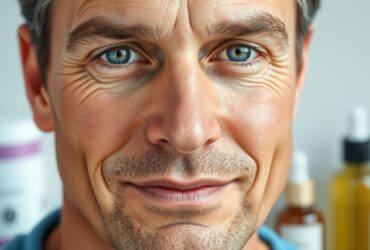Unlocking the Secrets of Skin Health: The Role of Testosterone Therapy
In the quest for radiant, youthful skin, we often turn to cleansers, serums, and the latest beauty trends, but what if the key to revitalizing our complexions lies deeper within our bodies? As awareness of hormone regulation continues to expand, an intriguing conversation is emerging around testosterone therapy—not just for its well-known effects on energy levels and muscle mass, but also for its potential benefits to skin health. This article delves into the science behind testosterone and its influence on skin vitality, exploring how therapy aimed at restoring hormonal balance may pave the way for not just a rejuvenated appearance, but also enhanced overall well-being. Join us as we navigate this growing field, separating fact from fiction and revealing whether testosterone therapy is a valid option for those seeking to rejuvenate their skin from the inside out.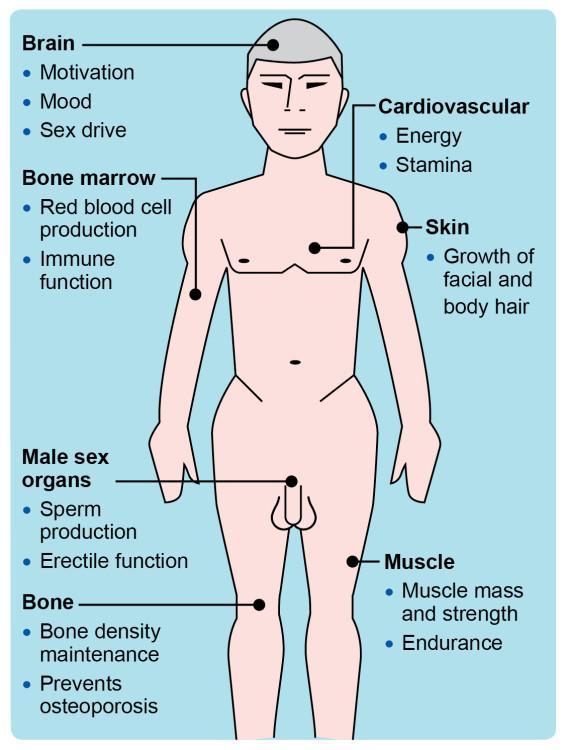
Benefits of Testosterone Therapy for Skin Vitality
Testosterone therapy can profoundly impact skin vitality by promoting a healthy, youthful appearance. As men and women age, testosterone levels naturally decline, leading to various skin-related issues, such as dryness, wrinkles, and a loss of elasticity. By restoring testosterone to optimal levels, individuals may experience a noticeable improvement in skin hydration and texture. This treatment fosters an environment conducive to collagen production, resulting in firmer skin and a reduction in the prominence of fine lines and age spots. Moreover, balanced testosterone levels can enhance overall vitality, contributing to a more radiant appearance.
In addition to physical benefits, testosterone therapy can elevate mood and energy levels, indirectly influencing skin health. When individuals feel more energetic and confident, they are more likely to engage in self-care practices that promote skin rejuvenation, such as regular hydration and proper skincare routines. The following factors highlight how testosterone therapy contributes to skin vitality:
- Improved Hydration: Balances sebum production, maintaining skin moisture.
- Enhanced Elasticity: Boosts collagen synthesis for firmer skin.
- Reduction of Fine Lines: Helps smooth out wrinkles and signs of aging.
- Better Skin Tone: Can lead to a more even complexion.
Here’s a quick overview of how testosterone therapy can revitalize different aspects of skin vitality:
| Aspect | Benefit |
|---|---|
| Hydration | Elevates skin moisture levels, reducing dryness. |
| Elasticity | Improves skin firmness and reduces sagging. |
| Circulation | Enhances blood flow, promoting a healthy glow. |
| Collagen Production | Stimulates collagen for a plumper appearance. |
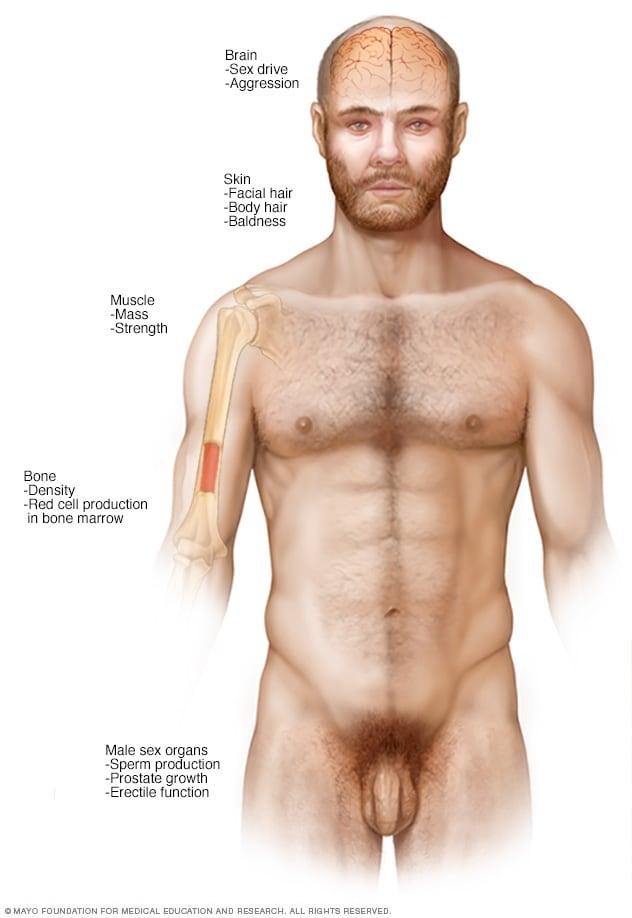
The Role of Testosterone in Maintaining Skin Elasticity
Testosterone is not only integral to muscle and bone health, but it also plays a significant role in maintaining skin elasticity. This hormone influences various structural proteins within the skin, such as collagen and elastin, which are essential for preserving firmness and suppleness. As testosterone levels decline with age, the production of these proteins can diminish, leading to noticeable signs of aging like sagging and wrinkles. Enhancing testosterone levels through therapy may help revitalize these proteins, promoting a more youthful appearance and improving skin resilience.
The correlation between testosterone and skin health is underscored by various factors that contribute to maintaining elasticity. These include:
- Hydration: Testosterone helps regulate oil production, which is essential for skin hydration.
- Cell Regeneration: The hormone promotes the turnover of skin cells, allowing for damage repair and renewal.
- Fat Distribution: Balanced testosterone levels contribute to suitable fat distribution, providing structural support to the skin.
Additionally, regular monitoring and adjusting testosterone therapy can yield improved skin hydration levels, boosting overall skin health. Consider the following table for a quick overview of how testosterone support can impact skin elasticity:
| Testosterone Impact | Skin Benefit |
|---|---|
| Increased Collagen Production | Enhances firmness |
| Improved Hydration | Prevents dryness |
| Enhanced Cell Turnover | Reduces fine lines |
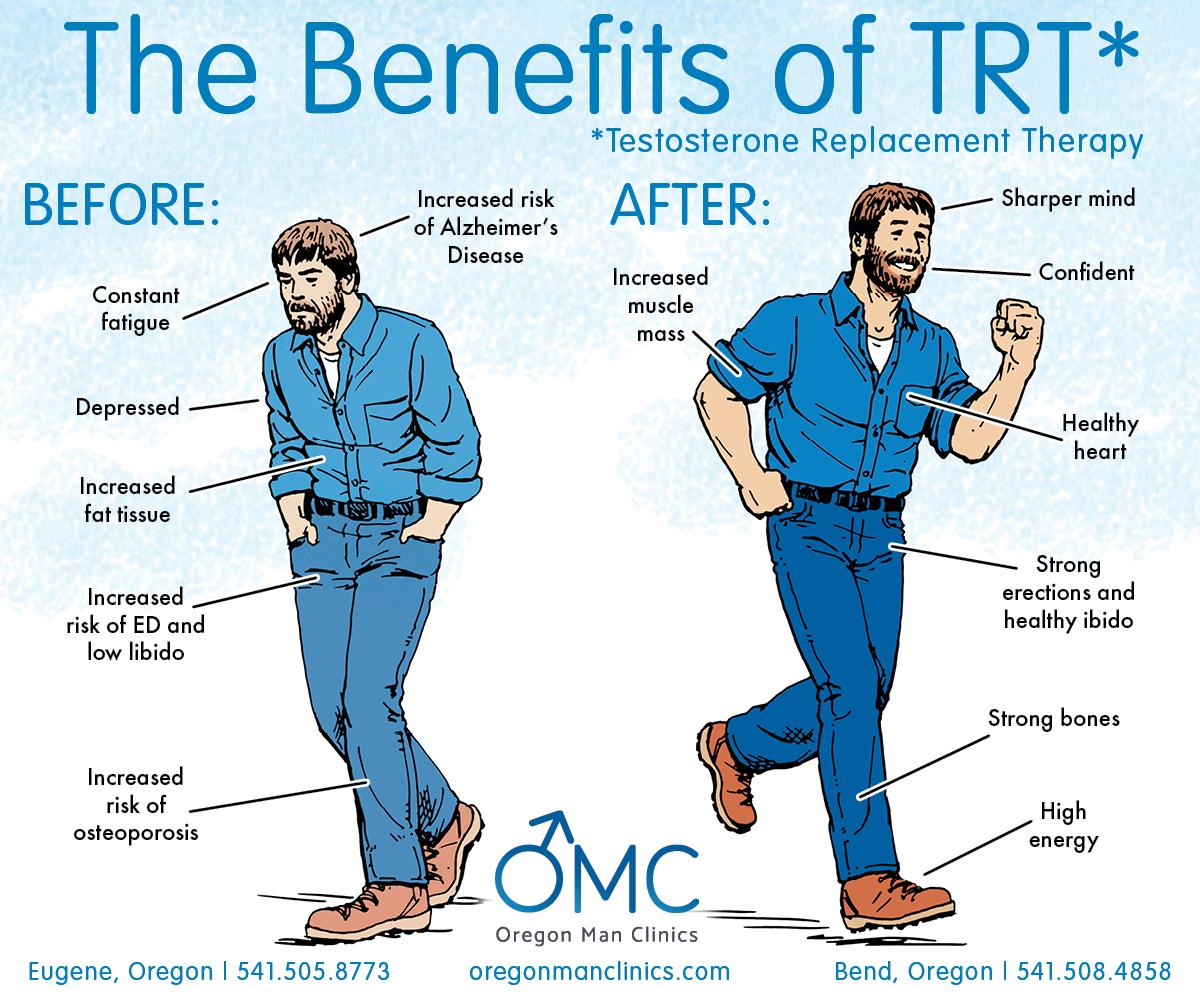
Understanding the Connection Between Hormonal Balance and Complexion
Hormonal balance plays a crucial role in maintaining skin health, as fluctuations in hormone levels can significantly impact complexion and texture. For instance, testosterone, while often associated with male qualities, is essential for both men and women. It contributes to the thickness and elasticity of the skin, helping to maintain a youthful appearance. Insufficient levels can lead to thin, sagging skin, increased oiliness, and a host of other skin issues. When testosterone therapy is considered, it can help restore balance, potentially leading to improved skin tone and texture.
Additionally, the interplay between testosterone and other hormones, such as estrogen, can exacerbate skin conditions. Common skin issues linked to hormonal imbalances include:
- Acne breakouts
- Persistent dryness
- Uneven skin tone
- Premature aging signs
Understanding how these hormones work together can guide individuals in seeking effective treatments, including testosterone therapy. A well-balanced hormonal profile not only enhances skin health but also boosts overall well-being, leading to a more radiant and confident appearance.
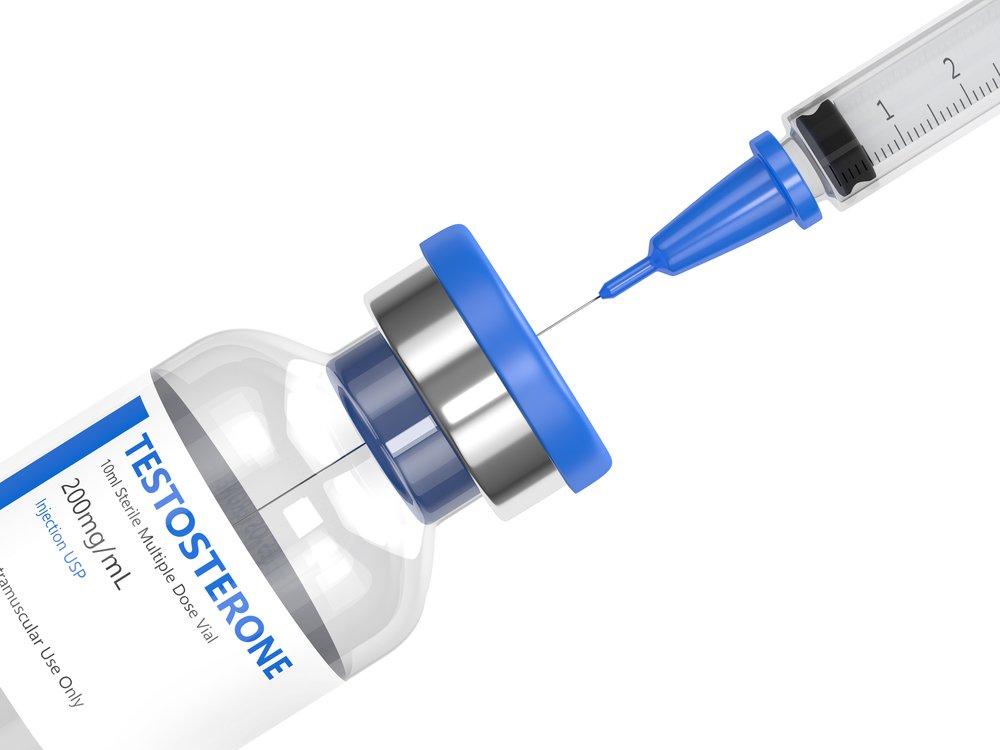
Evaluating the Risks and Considerations of Testosterone Treatment
When considering testosterone therapy for skin health, it is crucial to evaluate the potential risks associated with treatment. Testosterone can influence various bodily functions, and its supplementation is not without challenges. Some common concerns include:
- Cardiovascular Issues: Elevated testosterone levels may increase the risk of heart-related concerns such as hypertension or thromboembolic events.
- Skin Reactions: As beneficial as it may be for rejuvenation, testosterone could lead to acne or oily skin for some individuals.
- Hormonal Imbalance: Over-supplementation can cause disruptions in hormone levels, potentially leading to mood swings and irritability.
In addition to understanding risks, it is equally important to consider essential factors before initiating testosterone therapy. An effective approach involves a thorough consultation with healthcare professionals to evaluate personal medical history and current health status. Key considerations include:
| Consideration | Description |
|---|---|
| Current Health Conditions | Assess any existing conditions such as prostate problems or sleep apnea that may influence therapy. |
| Age Factor | Age may play a role in the efficacy and safety of testosterone treatment. |
| Follow-up Monitoring | Regular monitoring is necessary to adjust dosage and avoid potential side effects. |
Integrating Testosterone Therapy into Your Skincare Routine
Incorporating testosterone therapy into your skincare regimen can significantly enhance skin vitality and overall appearance. By understanding the synergistic relationship between testosterone levels and skin health, you can create a routine that optimally supports both hormonal balance and dermal well-being. When using testosterone therapy, consider integrating specific skincare products that focus on hydration, elasticity, and protection against environmental factors. A few ideal components to include in your routine are:
- Moisturizers: Look for ingredients like hyaluronic acid and glycerin to maintain hydration.
- Sunscreen: A broad-spectrum sunscreen helps protect skin from UV damage, which testosterone may not directly address.
- Retinoids: Support collagen production and skin cell turnover, complementing the benefits of testosterone therapy.
Tracking your skin’s response to testosterone therapy will guide you in fine-tuning your skincare routine. Regularly monitor for improvements and adverse reactions, adjusting products as necessary. The following simple table outlines products to pair with testosterone therapy based on their specific benefits:
| Product | Benefit |
|---|---|
| Hydrating Serum | Enhances moisture retention |
| Vitamin C Serum | Boosts radiance and protects against oxidative stress |
| Collagen Cream | Improves skin elasticity and reduces fine lines |
Expert Recommendations for Safe and Effective Use
When considering testosterone therapy for skin health, it’s essential to approach the process with careful thought and professional guidance. Here are some recommended practices to ensure safety and efficacy in treatment:
- Consult a Specialist: Prioritize consultations with healthcare professionals who specialize in hormone therapy or dermatology. Their expertise can tailor therapy to your specific skin concerns.
- Monitor Dosage Closely: Adhere to prescribed dosages, as excessive testosterone can lead to unwanted side effects. Regular monitoring through blood tests is crucial.
- Consider Lifestyle Factors: Maintain a balanced diet and regular exercise, as these elements can enhance the efficacy of testosterone therapy and positively impact skin health.
- Evaluate Skin Type: Understand how varying skin types react to treatment. Personalization can lead to more effective results and reduced adverse effects.
In addition, be aware of potential side effects associated with testosterone therapy. A clear understanding of these can help mitigate risks. Use the following table to familiarize yourself with common side effects and recommended actions:
| Potential Side Effects | Recommended Actions |
|---|---|
| Increased oiliness | Adjust skincare routine to balance oils. |
| Acne flare-ups | Consult a dermatologist for targeted treatment. |
| Skin thickness | Monitor changes and discuss with your healthcare provider. |
| Hair loss | Explore alternative treatments or adjust dosage. |
Alternative Approaches to Boosting Skin Health Naturally
For those seeking a more holistic approach to skin health, there are several natural strategies that can complement testosterone therapy. Utilizing a balanced diet rich in antioxidants can significantly contribute to healthier skin. Foods loaded with vitamins C and E, such as berries, nuts, and leafy greens, not only enhance collagen production but also protect against oxidative stress. Additionally, incorporating omega-3 fatty acids from sources like fatty fish and flaxseeds can help reduce inflammation and promote skin elasticity, creating a unified strategy that supports overall well-being.
Another avenue worth exploring is the incorporation of herbal supplements known for their skin-enhancing properties. Options such as aloe vera, renowned for its soothing and moisturizing effects, can be applied topically or consumed in juice form. Similarly, ashwagandha and ginseng are adaptogenic herbs that help stabilize hormone levels, potentially mitigating the negative impacts of hormonal fluctuations on skin health. Here’s a simple table to illustrate some natural ingredients that can be beneficial:
| Ingredient | Benefit |
|---|---|
| Aloe Vera | Soothes and hydrates skin |
| Omega-3 Fatty Acids | Reduces inflammation |
| Vitamin C | Boosts collagen production |
| Ashwagandha | Balances hormone levels |
Q&A
Q&A on Testosterone Therapy for Skin Health
Q1: What is testosterone therapy, and how does it relate to skin health?
A1: Testosterone therapy involves the administration of testosterone to counteract low hormone levels in individuals, primarily men. While commonly associated with enhancing libido and muscle mass, it also plays a crucial role in skin health. Testosterone can boost collagen production, improve skin elasticity, and aid in the rejuvenation of skin cells, potentially leading to a more youthful appearance.
Q2: Who might benefit from testosterone therapy for their skin?
A2: Individuals experiencing symptoms of low testosterone, such as thinning skin, reduced elasticity, and increased dryness, might benefit. This can be particularly relevant to older adults or those with certain medical conditions that impact hormone levels. However, it’s essential to consult a healthcare professional to evaluate one’s specific situation and needs.
Q3: Are there any risks associated with testosterone therapy for skin health?
A3: Yes, while testosterone therapy may offer skin benefits, it is not without risks. Possible side effects can include acne, oily skin, hair loss, and increased body hair. Additionally, there are more serious risks, such as heart issues or prostate health concerns in men. Therefore, monitoring and medical guidance are critical throughout the therapy process.
Q4: How does testosterone affect the skin at a cellular level?
A4: Testosterone promotes the synthesis of collagen and elastin in the skin, two proteins crucial for maintaining structural integrity and elasticity. It also influences sebaceous glands, regulating oil production and hydration. Essentially, testosterone helps maintain skin’s vitality by promoting cell turnover and enhancing its overall texture.
Q5: Can women benefit from testosterone therapy for skin health?
A5: Indeed, women can experience benefits from testosterone therapy, particularly if they have low testosterone levels that contribute to skin aging. However, the approach must be cautious and tailored since women’s hormonal landscapes differ from men’s. Adjustments in dosage and monitoring are generally necessary to avoid unwanted effects.
Q6: Are there alternative treatments to manage skin health that don’t involve hormone therapy?
A6: Absolutely. Many alternative treatments can support skin health without resorting to hormone therapy. These include topical retinoids, antioxidants, moisturizers, and various dermatological procedures like chemical peels or microneedling. Additionally, maintaining a balanced diet, proper hydration, and sun protection can also play pivotal roles in skin health.
Q7: How should one approach the decision to start testosterone therapy?
A7: The decision to start testosterone therapy should involve a comprehensive discussion with a healthcare provider. This conversation should include factors like current health status, skin concerns, lifestyle, and potential risks and benefits. A thorough assessment, including blood tests and evaluations, can help guide this important decision.
Q8: What’s the takeaway for individuals considering testosterone therapy for skin health?
A8: Testosterone therapy may offer skin health benefits for some individuals, but it’s essential to approach this option with care. Understanding both the potential benefits and risks is crucial. Always consult a healthcare professional to ensure that any treatment aligns with your overall health goals and skin care needs. Your skin is your body’s canvas; treat it with informed choices!
In Summary
the exploration of testosterone therapy as a potential ally in maintaining skin health reveals an intriguing intersection of hormonal balance and dermatological benefits. While research continues to unfold, the possibilities it presents for addressing common skin issues and promoting overall skin vitality cannot be overlooked. As we embrace the evolving understanding of our bodies and their needs, it’s essential to approach testosterone therapy thoughtfully, guided by medical expertise and tailored to individual circumstances. Ultimately, whether it’s rekindling youthful radiance or simply improving skin resilience, the journey towards healthier skin remains a personal odyssey—one that might just find an unexpected companion in testosterone therapy. As with any treatment, ongoing dialogue with healthcare professionals remains key, ensuring that choices are made wisely, with both the skin and overall wellness in mind.

